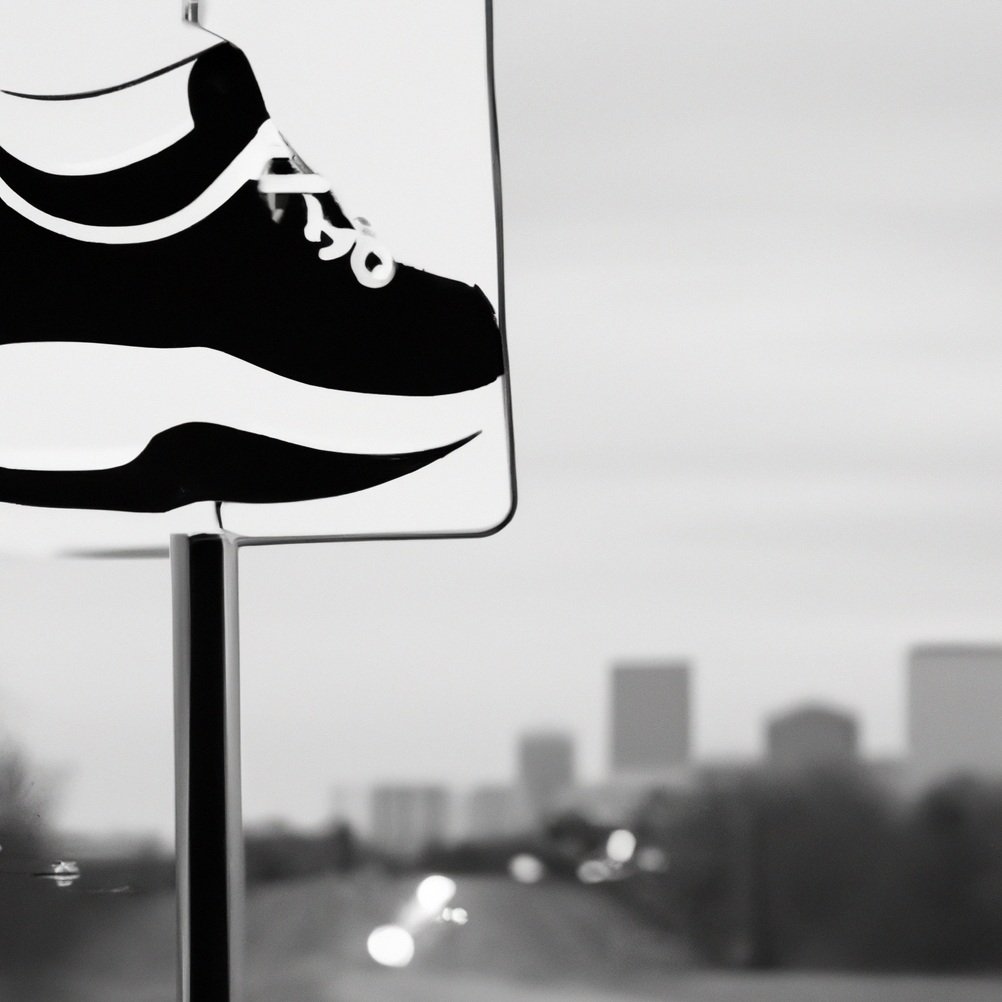What is Marathon Pace & how to calculate it
Mastering Marathon Pace: 10 Methods to Discover Your Ideal Race Pace & Crush Your Next Marathon
Marathon pace is a crucial element of race day success. Finding the right pace can help you conserve energy, run efficiently, and reach your goals. In this blog post, we'll discuss what marathon pace is and present ten methods for calculating your marathon pace. We'll then apply the first method to determine the paces for various marathon finish times, from 2 hours to 4 hours and 30 minutes.
What is Marathon Pace?
Marathon pace refers to the average speed you maintain throughout the entire 26.2-mile race. Finding the right pace that balances your ability to run efficiently without depleting your energy reserves too soon is essential. The perfect marathon pace should allow you to maintain a consistent effort level while maximizing your performance on race day. While a simplistic approach is just to divide the distance by your target finish time, the likelihood your course is flat with equal headwinds is pretty unlikely and your pace will likely fluctuate.
Calculating Marathon Pace: 10 Methods
Goal-based Calculation:
Determine your pace by dividing the total race distance by your target finish time in hours. Read more about goal-based marathon pace.Training Pace Calculation:
Analyze your training runs, particularly long runs, and adjust your average pace slightly faster for the race.Heart Rate-based Calculation:
Find a pace that keeps your heart rate within your aerobic threshold zone during training runs.Race Prediction Formula (e.g., Jack Daniels' VDOT):
Use your performance in shorter races to estimate your marathon pace.Yasso 800s:
Use your average time for a series of 800-meter intervals to predict your marathon finish time.Treadmill Tests:
Run on a treadmill at various paces and inclines to determine your comfort level and sustainable pace for the marathon distance.
Run-Walk Strategy:
Calculate your marathon pace based on a combination of running and walking intervals with a specific ratio of running to walking time.Lactate Threshold Test:
Determine the pace at which your body starts to accumulate lactate and set your marathon pace below this threshold.Perceived Exertion:
Find a pace that feels comfortably challenging but sustainable for the marathon distance based on factors such as breathing rate, muscle fatigue, and overall comfort.Pace Groups:
Join a pace group during your marathon to maintain a steady pace throughout the race and receive support from experienced runners.
Applying the Goal-based Calculation Method to Calculate Marathon Paces
Using the goal-based calculation method, we can determine answers to the average pace/speed you need to run at to achieve the following time.
What pace is a 2 hour marathon?
3.1 mph or 4 minutes 34 seconds per mile. The holy grail was broken by Eliud Kipchoge when he became the first human in history to run a sub-two-hour marathon in the city of Vienna, Austria. Kipchoge ran the 26.2 mile distance in a remarkable time of 1:59:40:2.
What pace is a 2:30 hour marathon?
2:30 marathon pace: 10.48 mph or 5 minutes 43 seconds per mile
What pace is a 3 hour marathon?
3-hour marathon pace: 8.73 mph or 6 minutes 52 seconds per mile
What pace is a 3:30 hour marathon?
3:30 marathon pace: 7.49 mph or 8 minutes 1 second per mile
What pace is a 4 hour marathon?
4-hour marathon pace: 6.55 mph or 9 minutes 9 seconds per mile
What pace is a 4:30 hour marathon?
4:30 marathon pace: 5.82 mph or 10 minutes 18 seconds per mile
Remember that these paces are calculated using the goal-based method, and your actual marathon pace may vary based on your training, heart rate, and other factors. To get a more accurate estimate, consider combining the abovementioned methods.
Understanding and calculating your marathon pace is essential for a successful race day. With ten different methods to explore, you have various options to find the pace that works best for you. Whether you use goal-based, training pace, heart rate-based, or any other methods, finding the right pace will help you conserve energy, run efficiently, and achieve your marathon goals. Remember to listen to your body and adjust during your training and race day. Good luck, and happy running!

